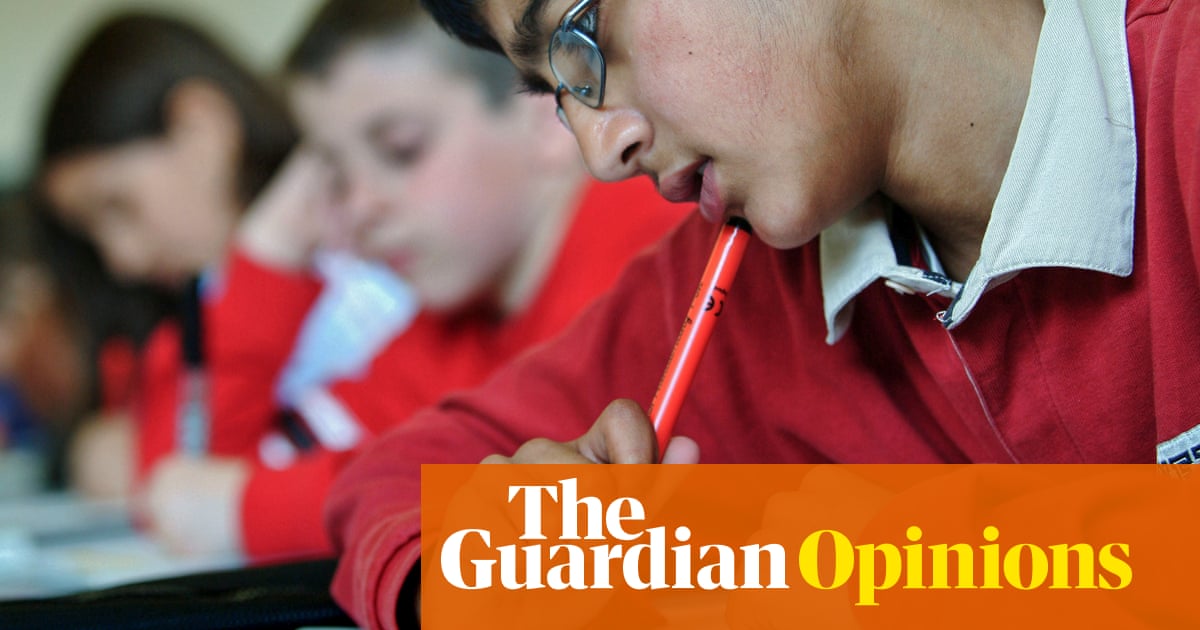
Any policy that the US adopts vis-a-vis Iran will have major implications not only for the ruling clerics, but also for the wider region.
If Democratic presidential candidate Joe Biden wins the 2020 election on Nov. 3, he should learn from past mistakes and not just repeat the Obama administration’s appeasement policy toward the regime. This means, rather than blindly returning to the Joint Comprehensive Plan of Action (JCPOA) nuclear deal, the former vice president must renegotiate a new deal.
If elected, Biden would have a golden opportunity to address the fundamental flaws of the JCPOA. The composition of the negotiating team in Barack Obama’s era completely excluded those on Iran’s doorstep, with policy set by governments thousands of miles away in an approach reminiscent of a bygone colonial era. It is now clear that the funding of violent proxies, in the form of Hezbollah, Hamas and the Houthis, was entirely overlooked in a way it never would have been had the Gulf states been at the table. In fact, the JCPOA freed up extra funds that the Iranian regime used to fund these groups in ever greater volumes.
It was outlined in the nuclear deal’s preamble that all signatories “anticipate that full implementation of this JCPOA will positively contribute to regional and international peace and security.” When the deal was finalized, Obama famously said he was “confident” that it would “meet the national security needs of the United States and our allies.” However, as we see now, it did not. The international community witnessed a greater propensity for Houthi rocket launches at civilian targets in Saudi Arabia, the deployment of Hezbollah foot soldiers in Syria, and constant violence by Iranian-funded militias. By these measures alone, the Obama-era deal with Iran demonstrably failed.
Iran is currently under significant economic and political pressure and, if Biden is elected, he has a chance to bring Tehran back to the negotiating table. But the regional powers should also be invited to participate in such talks. Those sitting in the major cities of the Gulf are concerned by Tehran’s ability to wage indirect war via its network of well-funded proxies and the threat posed by its ballistic missile program. For example, last September’s attack on an Aramco facility in Abqaiq, Saudi Arabia, threw into sharp focus the very real threat that hangs over the day-to-day functioning of the economies and civilian life of the Gulf nations. Although it has certainly ramped up in recent times, this is by no means a new development, with Iran’s neighbors living with this constant menace for many years.
Those sitting in the major cities of the Gulf are concerned by Tehran’s ability to wage indirect war.
Dr. Majid Rafizadeh
Biden must realize that the exclusion of other states in the region is at the root of why the JCPOA failed to curb the expansion of Iran’s proxies and its missile programs. If you have a negotiating team featuring no Middle East actors, then it is hardly surprising that an agreement that does not take their interests into account emerges. For the Gulf states, the fear of missiles — whether launched by the Houthis in Yemen or from within Iran itself — is at the very top of their list of concerns. As a result, it is paramount that Iran’s ballistic missile program, which is a core pillar of the regime’s foreign policy and appears to be linked to the nuclear program, is also restricted.
On the other hand, if President Donald Trump is re-elected for a second term, he should make the maximum pressure policy multilateral rather than unilateral. A unilateral Iran policy necessarily has its limits. Trump’s sanctions have hit most of Iran’s major industries, including oil, shipping and banking, while commercial relations with all blacklisted entities are also prohibited, according to the Department of Justice. But, as we witnessed last month, European powers have sided with Iran over the lifting of the arms embargo and prevented the reimposition of international sanctions on Tehran.
The Trump administration ought to invest significant political capital in a campaign of diplomatic initiatives to bring the EU back on to its side when it comes to confronting the Iranian regime. Unfortunately, Tehran is benefiting from the disunity and deep gap between European and US policy. If this gap is not bridged, we will likely observe more destructive behavior, including assassinations and bomb plots, over the coming months and years. A united front, comprising joint sanctions, would send a clear message and engender an economic stranglehold that would force the theocratic establishment of Iran to concentrate on its domestic agenda.
In short, an informed policy toward the Iranian regime — whoever wins November’s US presidential election — must put the brakes on Tehran’s nuclear program as a way to achieve the wider goal of curbing its regional ambitions.
Dr. Majid Rafizadeh is a Harvard-educated Iranian-American political scientist. Twitter: @Dr_Rafizadeh
Disclaimer: Views expressed by writers in this section are their own and do not necessarily reflect Arab News" point-of-view












